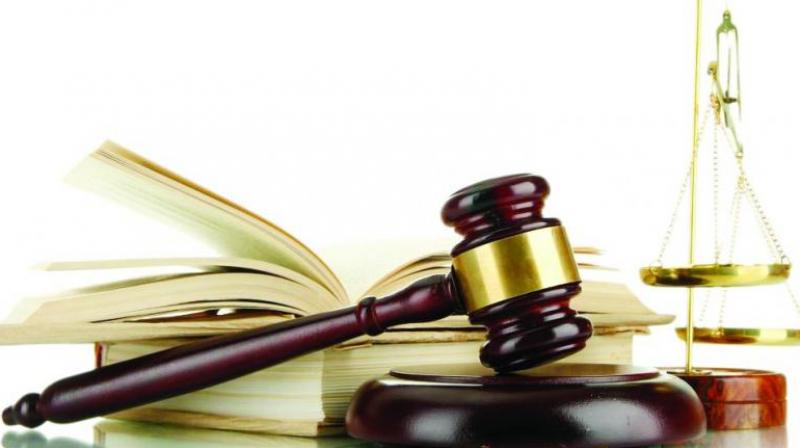Lawmakers as lawyers: Riding two horses?

Can a Member of Parliament or Legislative Assembly also practise as a lawyer? As several top guns play these dual roles, the view taken by a Bar Council of India- constituted panel to delve into this issue raised by an advocate, will be keenly watched. The principal objection to legislators donning the black robes is that as they draw salaries from the Consolidated Fund of India, they are ‘employees’ of the State, a position that warrants suspension of practice under the Advocates Act and Bar Council Rules. The second reason cited is that MPs can initiate impeachment proceedings against judges, and therefore, appearing before them as lawyers would be a conflict of interest. The third reason is that both law practice and the role of representatives of the people are full time professions and one cannot do justice to both simultaneously.
Section 30 of the Advocates Act, 1961, confers the right on every advocate whose name is interred in the common roll to practise in all courts or before any tribunal or authority. But there are restrictions contained in the Bar Council Rules. Rule 47 places a bar on an advocate personally engaging in any business. Under Rule 48, an advocate cannot be a Managing Director or Secretary of a Company but he can be a Director or Chairman without the performance of any executive functions. The real catch is in Rule 49 which stipulates that a practising advocate shall not be a “full-time salaried employee of any person, government, firm, corporation or concern.” On taking up such employment, advocates are bound to intimate the State Bar Council under which they are enrolled and suspend their practice. There is a narrow window provided in Rule 52, which allows, with the consent of the State Bar Council, part-time employment, with two riders – that it does not come into conflict with law practice and is not inconsistent with the dignity of the legal profession.
In an interesting and landmark case in which a medical doctor who studied law challenged the Bar Council’s rejection of his application for enrolment as an advocate, the Supreme Court in Dr. Haniraj L.Chulani Vs Bar Council of Maharashtra and Goa held that “the legal profession requires full time attention and would not countenance an Advocate riding two horses or more at a time”. The doctor had contended that the medical profession was in no way a less dignified profession, that he was qualified to be enrolled as an advocate under the statute and that he was ready to give an undertaking that during court hours he would not carry on his medical practice. The Court visualised a possible dilemma of a practising surgeon having to perform emergency operations or deal with patients beyond court hours and the dictates of the legal profession involving meeting clients, getting instructions, reading briefs and preparing for arguments the next day in court.
Legislators, many of whom are designated Senior Counsel, may argue that their law practice does not involve signing vakalats and drafting work that other advocates need to do and that their court appearances will not be during the Parliament or Assembly sessions. Further, with a battery of juniors and briefing counsel, clients will not suffer due to their dual roles. And with staff to man their MP or MLA offices, they need not necessarily be torn between conflicting loyalties.
The legal definition of ‘employment’ is crucial. What is relevant is the existence of a master-servant relationship. Are MPs and MLAs public servants? Although the Supreme Court in R.S. Nayak Vs A.R. Antulay had held that they do not fall under this rubric within the meaning of Section 21 of the Indian Penal Code, in the P.V. Narasimha Rao case, the majority view was that legislators are public servants for the purpose of the Prevention of Corruption Act.
Whichever way the Bar Council tilts, the scope of Article 19(1)(g) of the Constitution on the freedom to practise any profession and the reasonable restrictions, in the context of law-makers also functioning as lawyers, may finally have to be decided by the Court.
The apex court was unambiguous in the Dr. Haniraj Chulani case noting that “law is a jealous mistress that calls for undivided loyalty and unflinching attention” Seeking the best of both worlds, it felt would make advocates “like ‘trishanku’ of yore who will neither be in heaven nor on earth.”
(Sanjay Pinto is an advocate practising in the Madras High Court)

